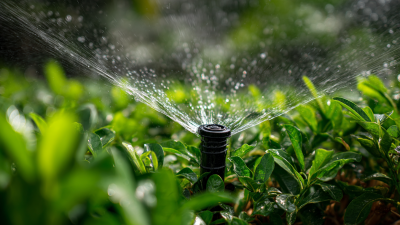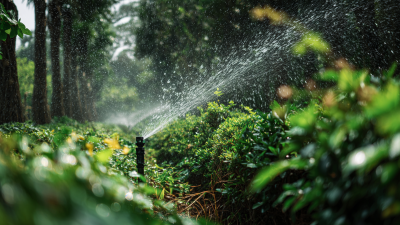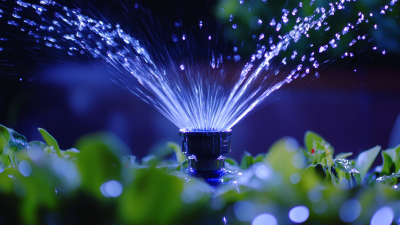In the pursuit of sustainable gardening practices, innovative water conservation techniques play a crucial role in ensuring that we preserve our precious water resources while maintaining vibrant landscapes. One of the most effective tools in this endeavor is the garden sprinkler, which can be optimized to provide efficient and targeted irrigation. By utilizing advanced technologies and creative approaches, such as smart timers, moisture sensors, and efficient nozzle designs, gardeners can minimize water wastage and promote healthier plant growth. This article explores various best practices and strategies that incorporate garden sprinklers, highlighting how these systems can transform traditional gardening methods into sustainable practices. By embracing these innovative techniques, gardeners can not only enhance productivity but also contribute to environmental conservation, making every drop of water count in their gardening efforts.
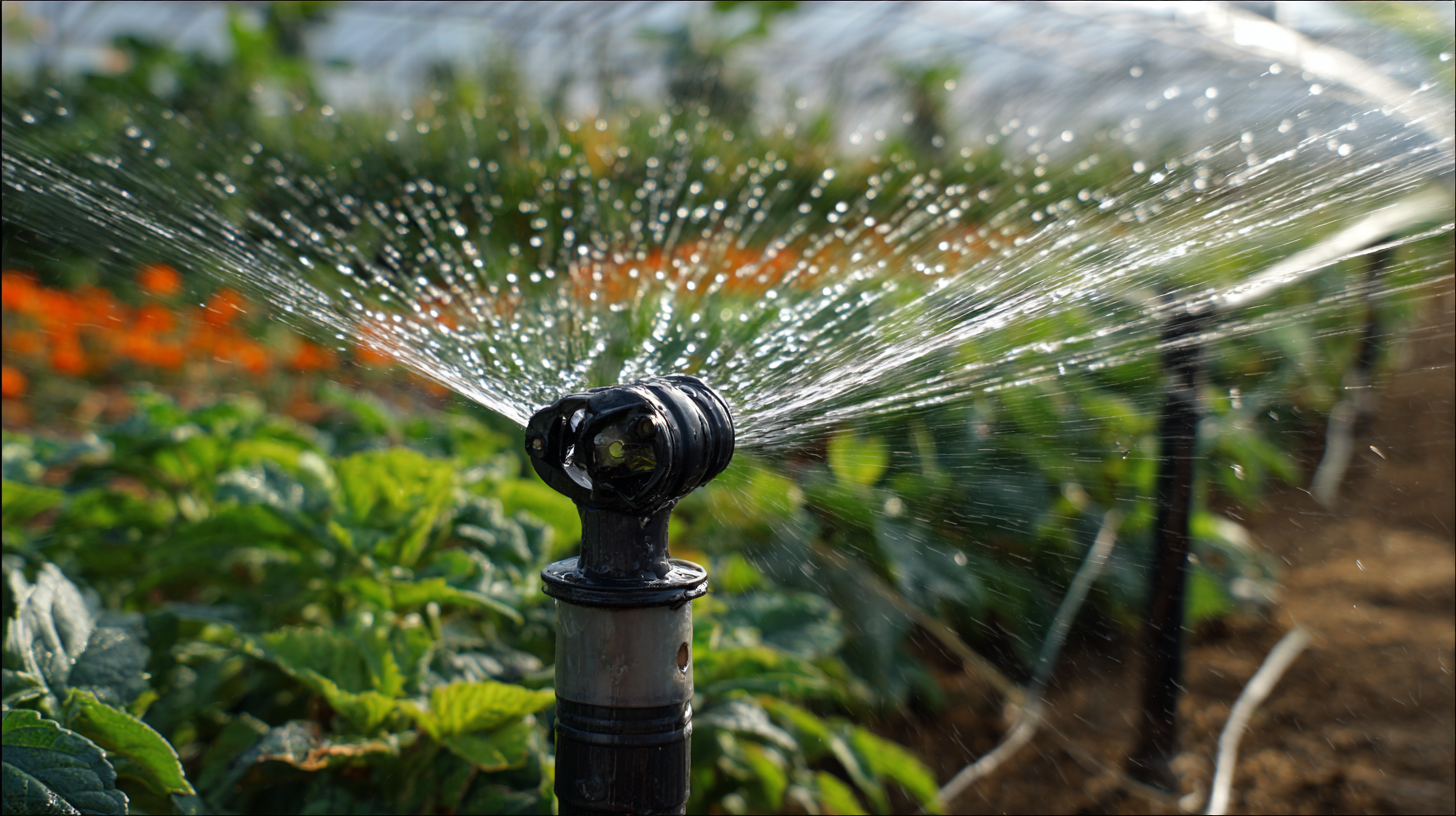
Water conservation is a crucial aspect of sustainable gardening, as studies indicate that over 70% of the world’s fresh water is used for agricultural purposes, including garden maintenance. Implementing effective water conservation techniques not only reduces waste but also enhances the resilience of gardens against extreme weather conditions. According to the United Nations, sustainable water management practices can increase crop yields by up to 20% while maintaining ecological balance.
One innovative technique involves the use of garden sprinklers equipped with smart technology. These advanced sprinklers can be programmed to adjust water output based on soil moisture levels and weather forecasts, ensuring that plants receive the optimal amount of water without unnecessary runoff. A study by the American Society of Irrigation Consultants found that using smart sprinkler systems can reduce water usage by 30% compared to traditional watering methods. Such innovations not only promote efficient water use but also support the overall health of garden ecosystems, contributing to the broader goal of sustainable gardening practices.
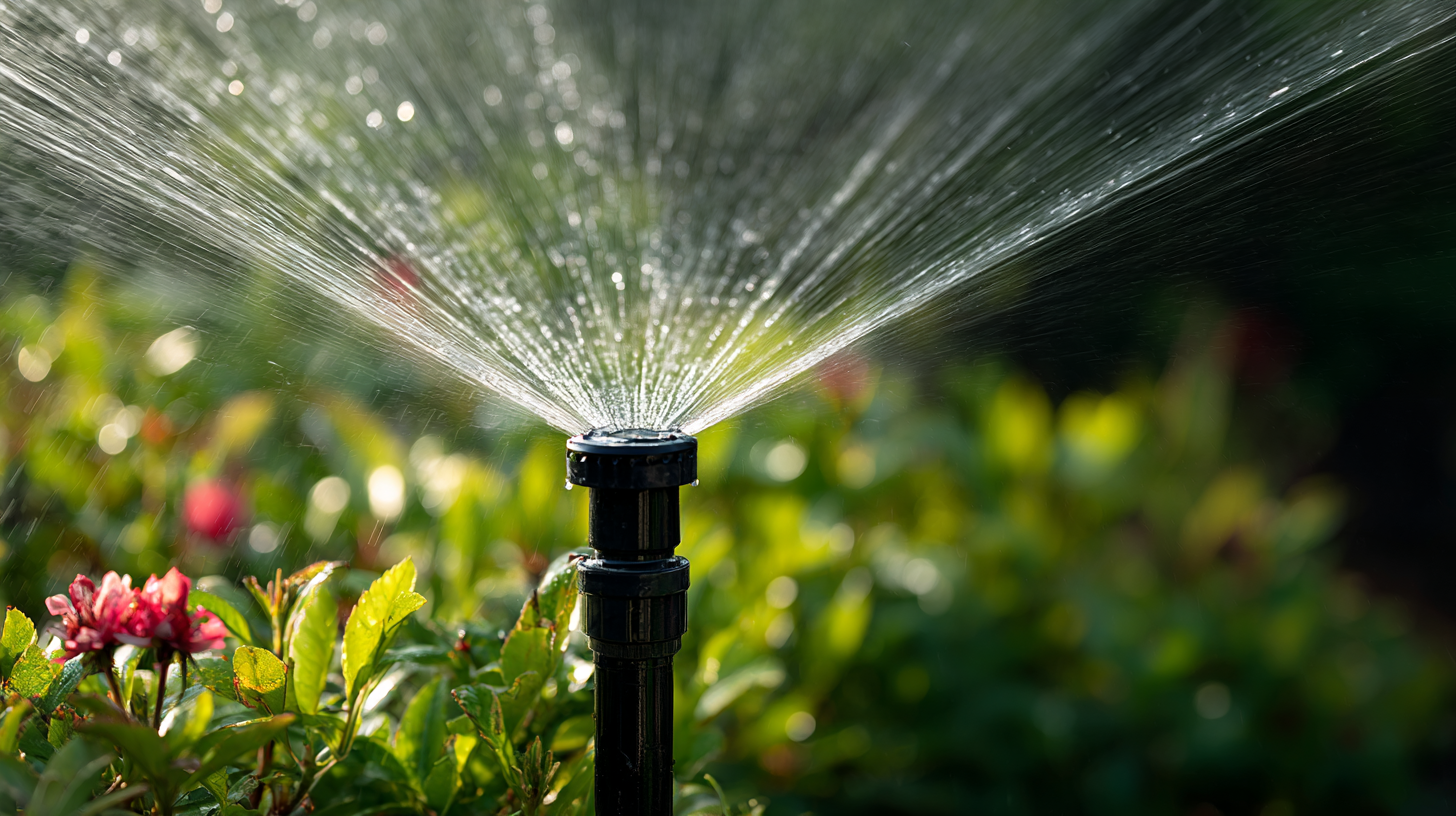
When it comes to sustainable gardening, choosing the right garden sprinkler can make a significant difference in water conservation. Sprinklers are not just convenient tools for watering your plants; they can also be designed to maximize efficiency, making them an essential element in any eco-friendly garden. Consider options such as drip irrigation systems or soaker hoses that deliver water directly to the roots, minimizing evaporation and runoff.
Tips: One effective approach is to select a sprinkler with a timer or smart technology. This allows you to schedule watering times based on weather conditions, ensuring that your garden gets the right amount of water without overdoing it. Another tip is to opt for adjustable sprinklers that can be aimed at specific sections of your garden, reducing excess water usage on paths or hardscapes.
Additionally, pay attention to the type of sprinkler you choose. Traditional oscillating or rotating sprinklers can cover large areas but may not be ideal for all plant types. Instead, look for micro-sprinklers or stationary sprinklers that can be positioned closer to individual plants, allowing for targeted watering and reducing waste. By making informed choices, you can help promote a more sustainable approach to gardening while keeping your plants healthy and vibrant.
Innovative techniques to optimize water distribution with sprinklers are essential for sustainable gardening, especially in arid regions. One effective approach is the use of drip irrigation systems integrated with traditional sprinkler setups. This method allows for targeted watering, minimizing water waste while ensuring that plants receive the precise amount of moisture they need. By placing emitters directly at the plant base and using a timed sprinkler schedule, gardeners can reduce runoff and evaporation, leading to more efficient water use.
Additionally, incorporating smart technology into sprinkler systems can significantly enhance water conservation efforts. Smart controllers equipped with weather sensors and soil moisture indicators automatically adjust watering schedules based on real-time conditions, eliminating unnecessary irrigation. For instance, if rain is detected, the system can temporarily suspend operation, further preserving water resources. By leveraging these innovative techniques, gardeners can not only maintain their landscapes but also contribute to the broader goal of sustainable water management.
This chart compares the average weekly water usage (in liters) of different garden sprinkler techniques to highlight the effectiveness of innovative water conservation methods.
The integration of rainwater harvesting systems with smart mist irrigation represents a groundbreaking approach to enhancing water conservation in sustainable gardening practices. According to a report from the National Oceanic and Atmospheric Administration, an estimated 50% of household water usage is allocated to outdoor irrigation. By incorporating rainwater harvesting, gardeners can significantly reduce their reliance on potable water, while also capturing valuable resources during rainfall events. This method not only alleviates the pressure on municipal water supplies but also promotes environmentally friendly gardening.
Smart mist irrigation systems complement rainwater harvesting by delivering water more efficiently and effectively. With advancements in technology, these systems utilize sensors and weather data to optimize watering schedules, ensuring plants receive adequate moisture without waste. The American Society of Agricultural and Biological Engineers suggests that smart irrigation can reduce water usage by up to 30%. When paired with harvested rainwater, this approach maximizes resource efficiency, ensuring that sustainable gardening practices are both practical and beneficial for the environment.
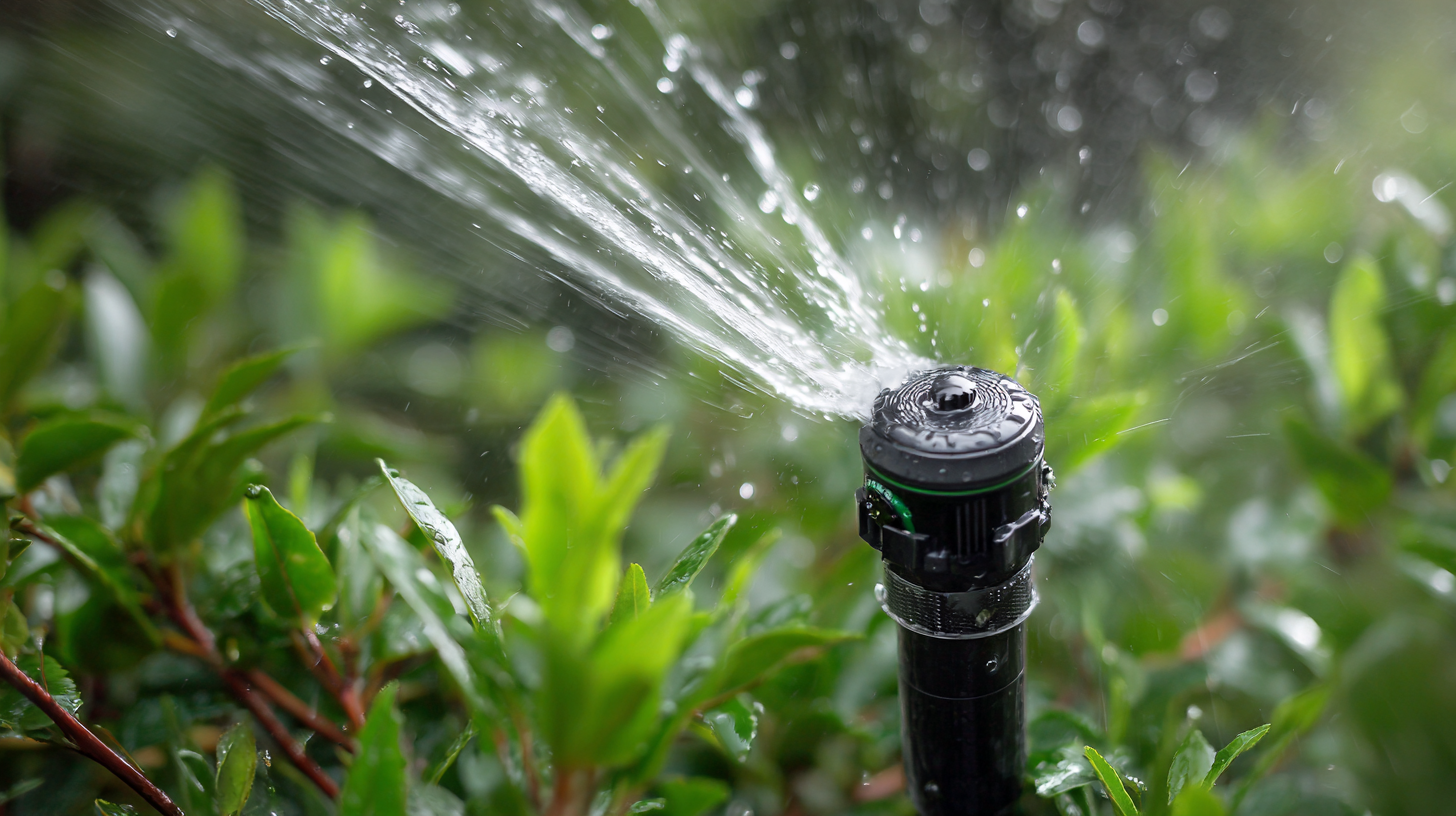
Efficient scheduling of garden sprinkler systems is essential for minimizing water waste while promoting sustainable gardening practices. One of the best practices is to water during the early morning or late afternoon when evaporation rates are lower. This allows the water to penetrate deeply into the soil, ensuring that plants receive adequate moisture without unnecessary loss. Additionally, adjusting the duration of the irrigation based on weather conditions—such as rainfall or temperature changes—can greatly reduce water usage and improve plant health.
Another effective technique involves utilizing smart irrigation controllers that are equipped with weather sensors. These devices can automatically adjust the watering schedule according to real-time weather data, preventing overwatering during rainy periods. Gardeners should also consider implementing drip irrigation systems alongside their sprinkler setups. This targeted approach delivers water directly to the plant roots, significantly reducing the amount of water needed compared to traditional sprinkler systems. By adopting these practices, gardeners can make the most of their sprinkler systems, effectively conserving water while ensuring vibrant and healthy gardens.

